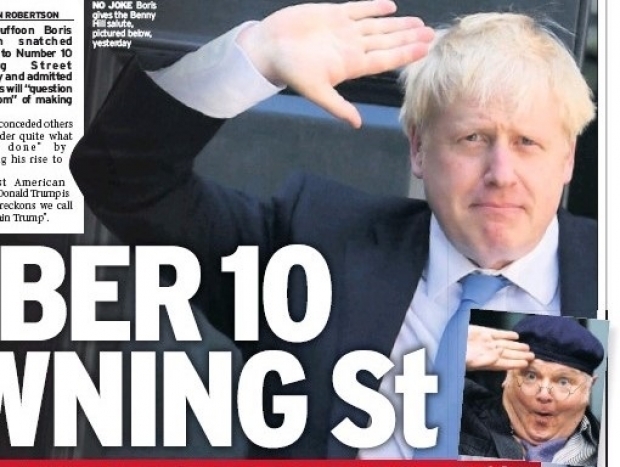This means that as the internet improves people are less likely to oppose governments, or join political parties, trade union and community volunteering.
Volunteering in social care fell by more than 10 per cent when people lived closer to local telecoms exchange hubs and so enjoyed faster web access. Involvement in political parties fell by 19 per cent with every 1.8km increase in proximity to a hub.
By contrast, the arrival of fast internet had no significant impact on interactions with family and friends. The analysis of behaviour among hundreds of thousands of people led by academics from Cardiff University and Sapienza University of Rome found faster connection speeds may have reduced the likelihood of civic engagement among close to 450,000 people -- more than double the estimated membership of the Conservative party.
They found that as internet speeds rose between 2005 and 2018, time online "crowded out" other forms of civic engagement.
The study's authors have also speculated that the phenomenon may have helped fuel populism as people's involvement with initiatives for "the common good," which they say are effective "schools of democracy" where people learn the benefit of cooperation, has declined.
Other studies have shown that social media engagement has strengthened other kinds of civic engagement, for example by helping to organise protests and fuelling interest in politics, even if it does not manifest in traditional forms of participation.
Politics conducted online has been found to be more susceptible to "filter bubbles," which limit participants exposure to opposing views and so foster polarisation.

